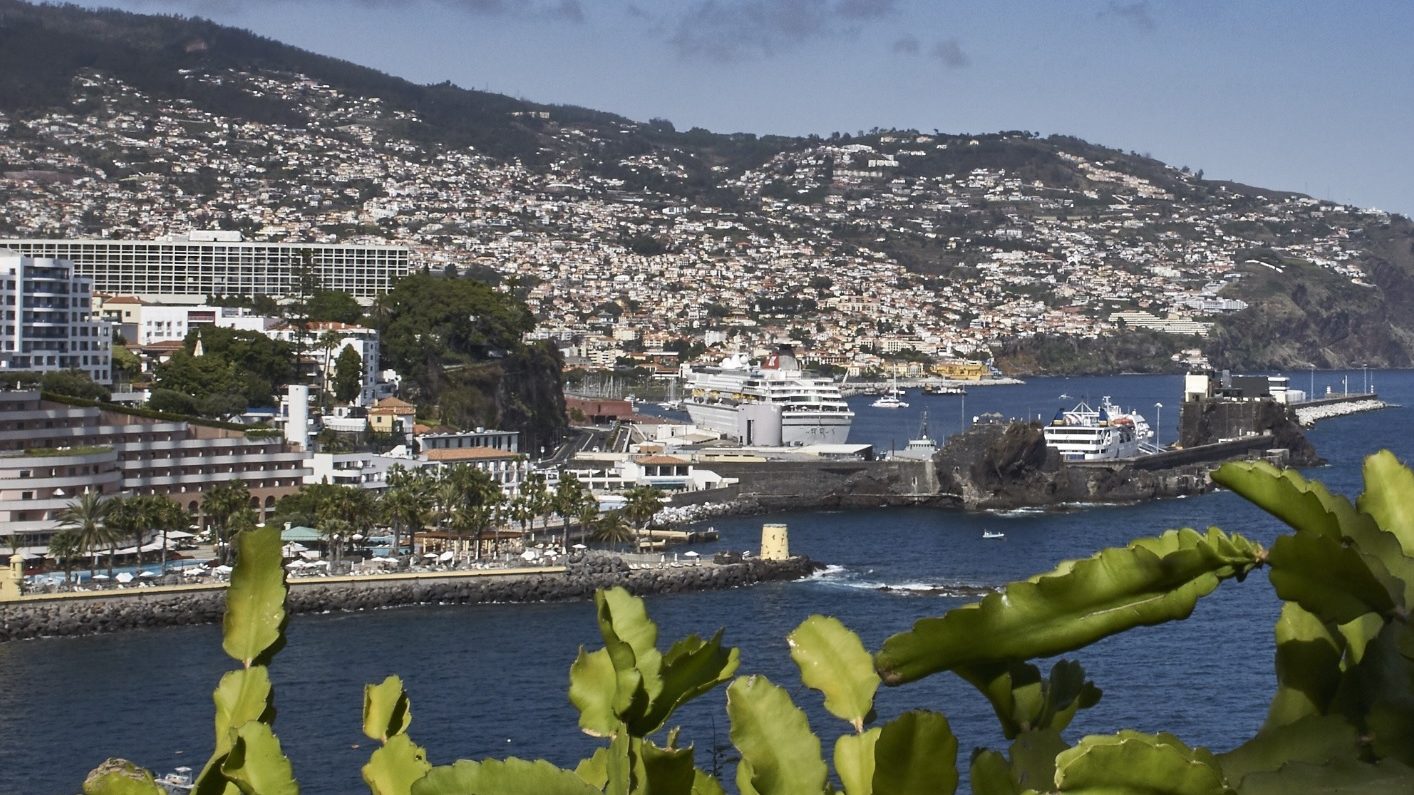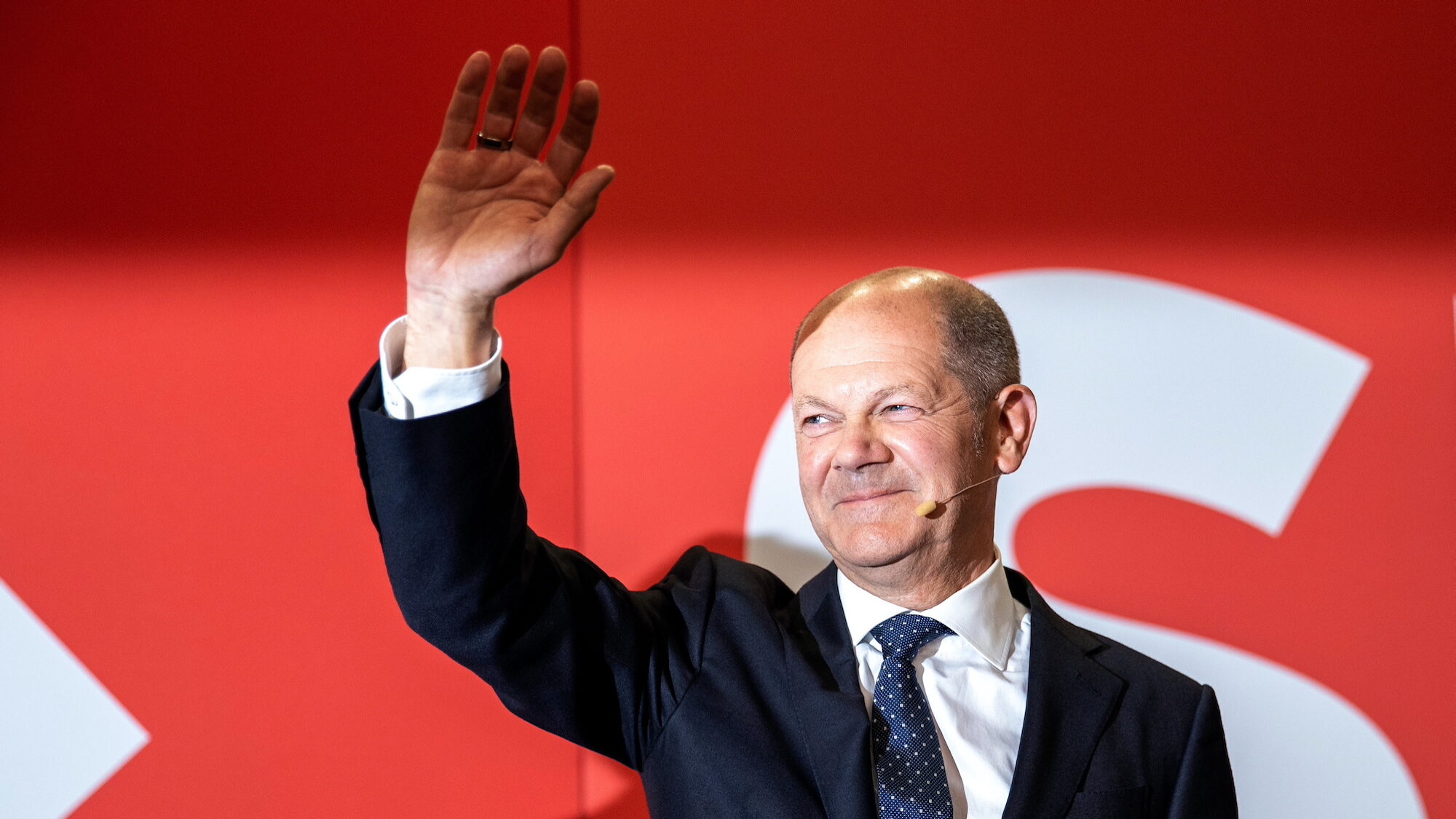Madeira wants to reduce corporate tax to 4.5%
The intention is that, similar to what happens in the Netherlands, Luxembourg and Malta, Madeira will be able to attract large companies, particularly those in the technological and digital sector.
The president of Madeira’s Regional Government revealed on Tuesday in an interview with Jornal de Negócios that he wants to reduce the corporate tax (IRC) imposed on companies registered in the Madeira Free Trade Zone from 5% to 4.5%, in the next legal and tax regime that will have to be negotiated with the European Commission for the International Business Centre of Madeira (IBC). For now, with the State Budget for 2022 (OE2022), companies are given a green light to join the Eurozone until the end of 2023.
“When we lower the IRC we receive more money because people pay more easily,” argues Miguel Albuquerque, pointing out that, on the other hand, “when the tax regime is very high, the IRS finds it more difficult to collect”. For the president of Madeira’s Regional Government, “the IBC of Madeira must be understood once and for all as a low tax zone, but above all as an opportunity for internationalisation of the Portuguese economy”.
Albuquerque’s intention is that, similar to what happens in the Netherlands, Luxembourg and Malta, Madeira will be able to attract large companies, particularly those in the technological and digital sector. “For the first time so far, Portugal is not dependent on, nor subject to the injunctions and disadvantages of its physical positioning,” stated the president of Madeira’s Regional Government, setting the goal that the digital economy will have greater weight than tourism in the future.

